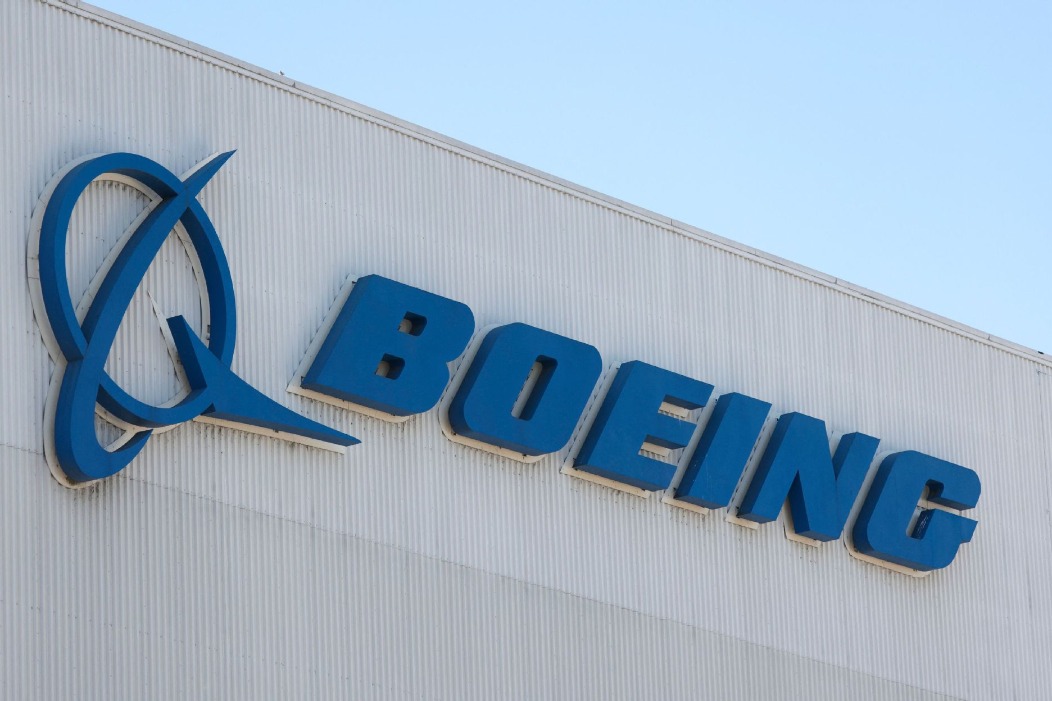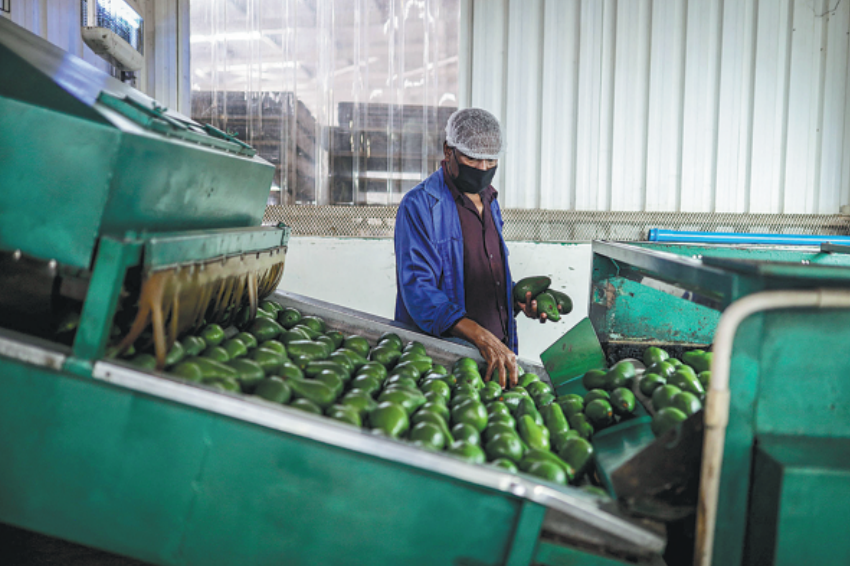AI assistants disrupting online news ecosystem

NEW YORK — Generative artificial intelligence assistants like ChatGPT are cutting into traditional online search traffic, depriving news sites of visitors and impacting the advertising revenue they desperately need, in a crushing blow to an industry already fighting for survival.
"The next three or four years will be incredibly challenging for publishers everywhere. No one is immune from the AI summaries storm gathering on the horizon," warned Matt Karolian, vice-president of research and development at Boston Globe Media. "Publishers need to build their own shelters or risk being swept away."
While data remains limited, a recent Pew Research Center study reveals that AI-generated summaries now appearing regularly in Google searches discourage users from clicking through to source articles.
When AI summaries are present, users click on suggested links half as often as they do in traditional searches.
This represents a devastating loss of visitors for online media sites that depend on traffic for both advertising revenue and subscription conversions.
According to Northeastern University professor John Wihbey, these trends "will accelerate, and pretty soon we will have an entirely different web".
The dominance of tech giants like Google and Meta had already slashed online media advertising revenue, forcing publishers to pivot toward paid subscriptions.
But Wihbey noted that subscriptions also depend on traffic, and paying subscribers alone aren't sufficient to support major media organizations.
Limited lifelines
The Boston Globe group has begun seeing subscribers sign up through ChatGPT, offering a new touchpoint with potential readers, Karolian said.
However, "these remain incredibly modest compared to other platforms, including even smaller search engines".
Other AI-powered tools like Perplexity are generating even fewer new subscriptions, he added.
A fundamental question remains: "Should you allow OpenAI crawlers to basically crawl your website and your content?" asks Thomas Peham, CEO of optimization startup OtterlyAI.
Burned by aggressive data collection from major AI companies, many news publishers have chosen to fight back by blocking AI crawlers from accessing their content.
"We just need to ensure that companies using our content are paying fair market value," argued Danielle Coffey, who heads the News/Media Alliance trade organization.
Some progress has been made on this front. Licensing agreements have emerged between major players, such as The New York Times and Amazon, Google and Associated Press, and Mistral and Agence France-Presse, among others.
AGENCIES VIA XINHUA

































